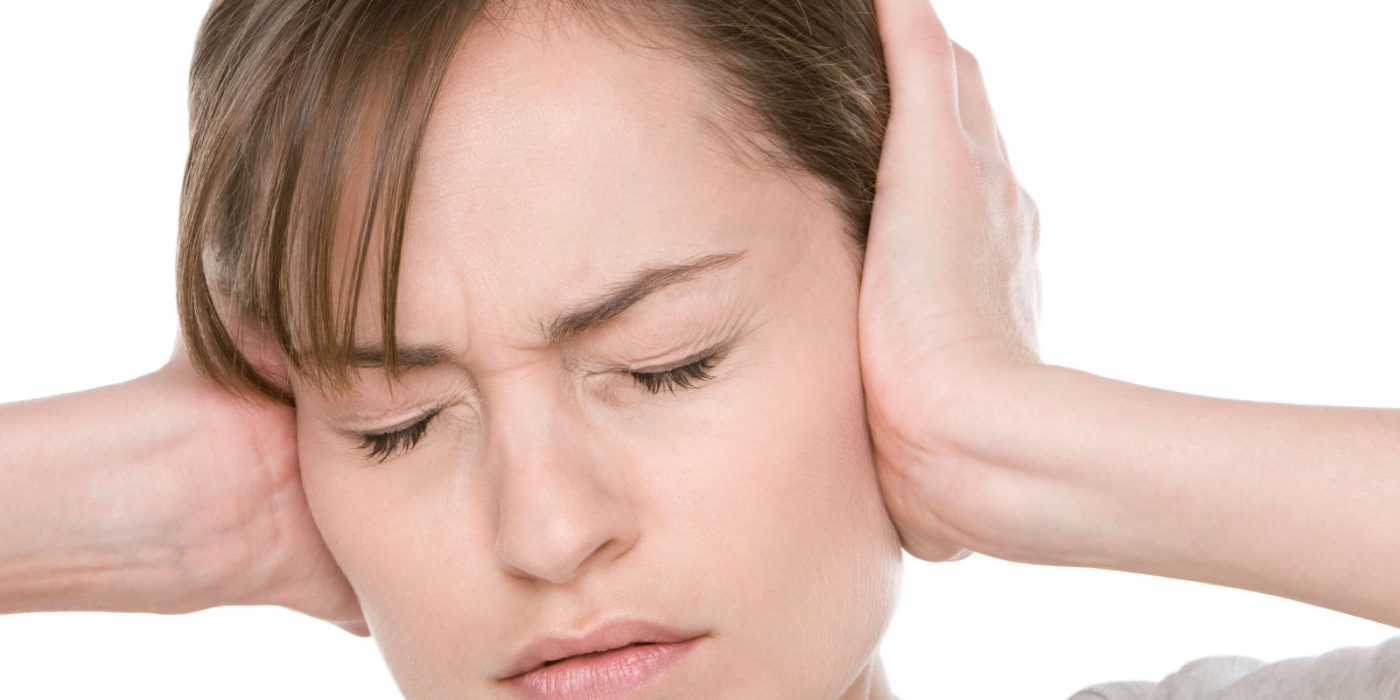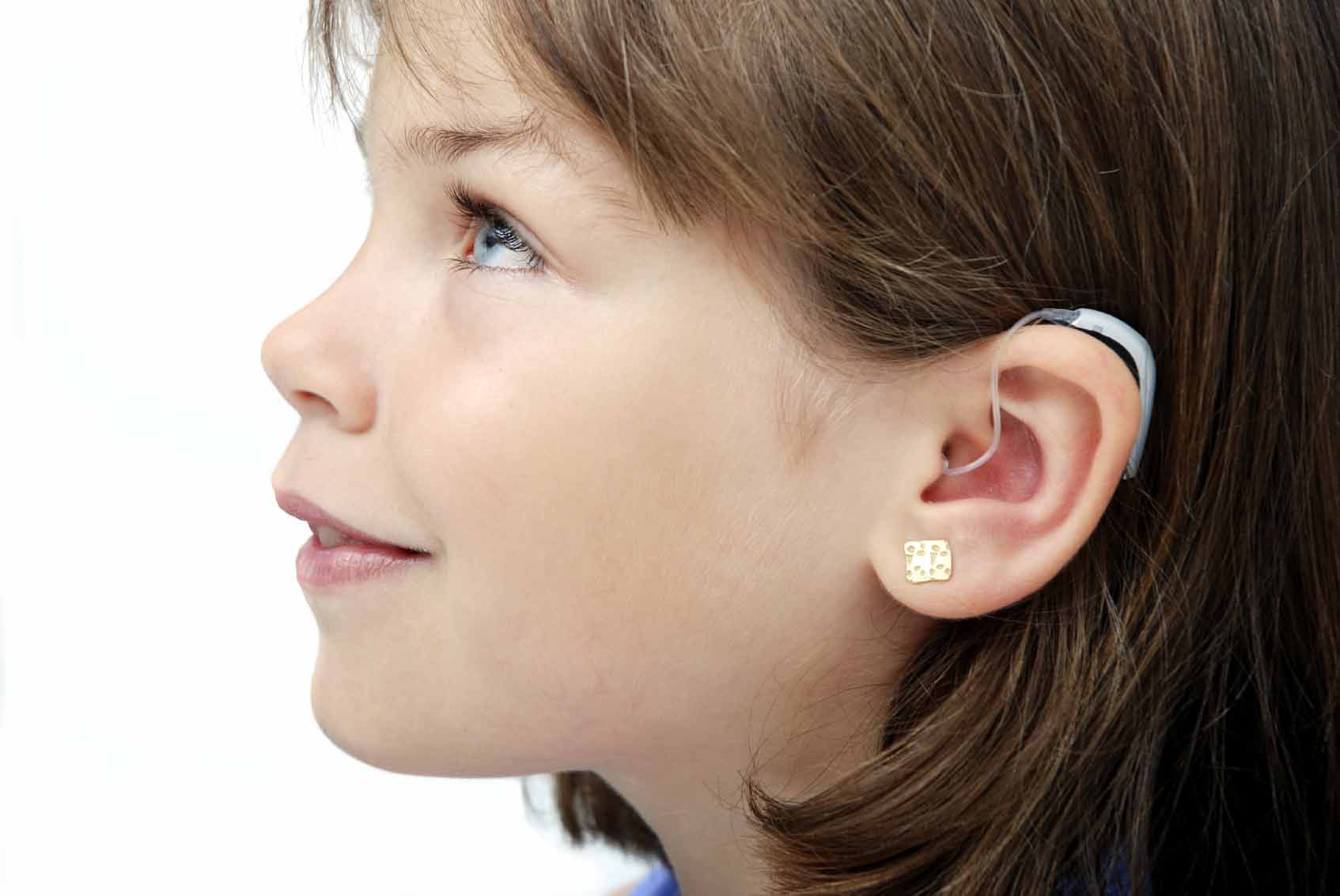
Hearing Loss
Hearing Loss
Hearing loss – a medical condition that affects millions of Canadians and yet often goes untreated. Hearing loss is an invisible handicap and a condition with a negative stigma attached to it. Did you know on average people wait 7 to 10 years before seeking treatment for hearing loss? According to the National Institute on Deafness and Other Communication Disorders, hearing loss is the most common chronic health condition affecting older adults and has a number of contributing factors such as age, genetics, noise exposure. Did you also know that diabetes, renal failure, dementia, increased risk of falling and cerebro/cardiovascular disorders are all conditions linked to untreated hearing loss?You or a loved one might have a hearing loss if you:
Socially:
– Frequently ask others to repeat
– Have difficulty following conversations in noisy environments
– Have trouble hearing children and women
– Have your TV or radio turned up to a higher volume
Emotionally:
– Feel stressed or tired from straining to hear what others are saying
– Feel anxious to meet new people for fear of misunderstanding conversations
– Avoid social situations that your once enjoyed because of difficulty of hearing
Medically:
– Have a family history of hearing loss
– Take medications that can harm the hearing system (ototoxic drugs)
– Have been exposed to very loud sounds
If you have answered yes to any of these statements, it is recommended a hearing evaluation be scheduled. Hearing loss is NOT a normal sign of aging. Hearing loss is unique to each individual experience and how that person reacts depends on many factors such as: early versus late onset, the progressive nature of the loss (gradual vs. sudden), the severity of the loss, communication demands, and personality. Untreated hearing loss has been linked to feelings of depression, anxiety, frustration, social isolation, and fatigue. Research as shown that early detection of hearing loss, intervention and consistent use of hearing aids are leading ways to reduce your risk of falling, increase earning power, and improve your physical health, emotional stability and perception of mental functioning stigma.
What to do if you believe you or a loved one might have hearing loss?
Schedule a diagnostic hearing evaluation with an Audiologist. Audiologists are regulated health care professionals who are trained in the prevention, assessment and treatment of hearing, tinnitus and balance problems – the best part? You do not need a referral from your Doctor to see an Audiologist.
How can you prevent hearing loss?
Our ears are very delicate organs which are susceptible to damage from noise, medications, and foreign objects. We must take care of our ears!
1) Protect yourself from noise. Wear hearing protection when exposed to loud sounds such as lawn mower, concerts and power tools to name a few.
2) Limit the length of time listening to your iPod, etc..
3) Turn the volume down of your TV, MP3, etc.
4) Get a hearing test! Preventing hearing loss mean being proactive. A regular hearing exam should be added to your annual physical. Having a baseline hearing test is a good idea so you can track your hearing over time. If your test shows you already have hearing loss, you can proactive in preventing further damage.
5) Do not use cotton swabs or stick anything in your ears – especially car candles.

